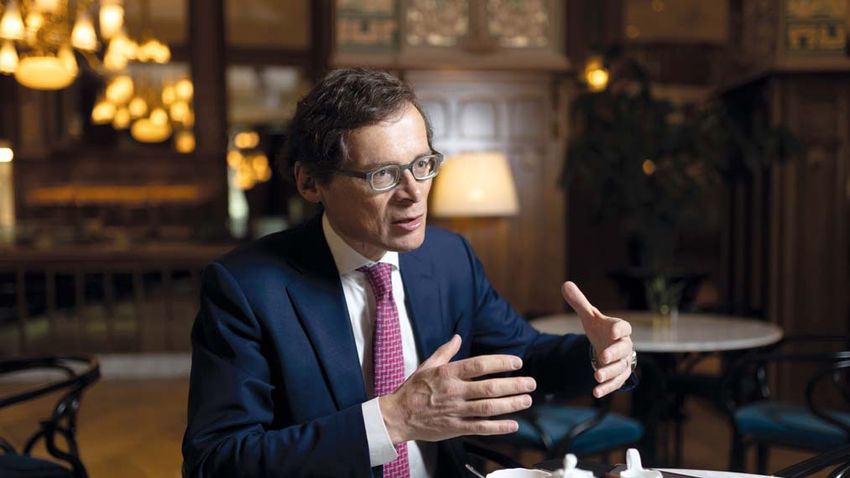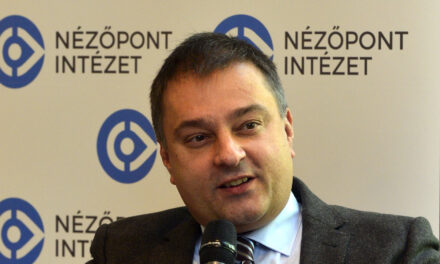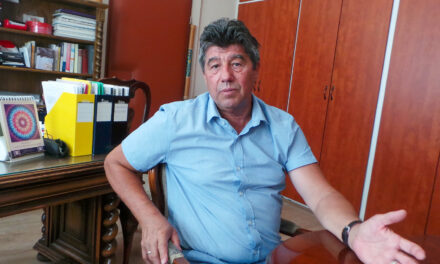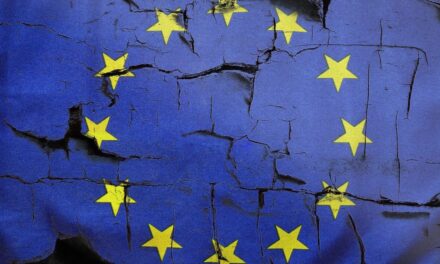The editor-in-chief of Weltwoche highly appreciates the Hungarian Prime Minister's policy, according to him, the Hungarians know better whether Hungary is corrupt or not than the Western experts on Hungary who attack Orbán.
On November 22, at the invitation of the Swiss newspaper Weltwoche, Prime Minister Viktor Orbán will hold a presentation with a panel discussion in Zurich, reports Roger Köppel, the editor-in-chief of the newspaper, which in the meantime also has a German edition.
In his video message, the editor-in-chief said, "due to the overwhelming interest, all tickets for the event were sold out within a few hours", it seems that among the Swiss public, Viktor Orbán
"a kind of rock star who can easily fill a large hall".
Köppel sees it as: the event organized for the 90th anniversary of Weltwoche, which represents freedom of speech and opinion, could not be better suited than Viktor Orbán,
"a major European politician who is also a European dissident because he often has the courage to counter-govern".
For the pleasure of the event, the journalist has now prepared a special program about what he values in Viktor Orbán's politics. As he said, "I was pretty much forced to do this special broadcast by the completely misleading news coverage that can be read all over the country about Viktor Orbán", according to which the Hungarian Prime Minister is anti-democratic, authoritarian, and personally corrupt. According to him, these are unacceptable statements, since
if we humiliate him in this way, it will also be a slap in the face to his voters, to whom we are saying that you are falling for a dictator, you don't have all four wheels".
and that "these Hungarians aren't that smart, they didn't see it through, I know much better from Brussels or here from the editorial office in Zurich".
These are Orbán's political successes
Köppel is fed up with the fact that despite the many criticisms, the prime minister's political successes are never discussed - that's why in his half-hour special he explained why he respects Viktor Orbán.
The first reason is that "Orbán's government stabilized Hungary's economy after the 2008 financial crisis", managed to significantly reduce unemployment and produce GDP growth exceeding the EU average. And while "Hungary was just as bad as Greece during the economic crisis, the Hungarians managed to pull themselves out of the quagmire without all the theater and huge fanfare - together with the EU, of course" - analyzes Köppel, who also mentions Hungary's high investment attractiveness ability and attractive tax system. According to him, you can't read anywhere that the Hungarian tao is the lowest in the EU, because taxes in Germany have risen massively in the meantime, and
they don't like to read that Hungary did something differently, better, lest their own failure become obvious".
The second reason is family policy. Köppel reminds: the Orbán governments introduced a number of social benefits that improved the quality of life of many Hungarian citizens, especially for families -
"conducts a conservative family policy in order to prevent Hungary from dying out". He also reduced the personal income tax and the VAT on basic foodstuffs.
Who is corrupt?
Thirdly, Roger Köppel is very upset that the Hungarian Prime Minister is constantly accused of corruption in the German-language press. Reminder: in recent years, the Integrity Authority was set up in Hungary, a law protecting whistleblowers was adopted, and the transparency of public procurement was strengthened. In addition, he lined up as a united opposition in the 2022 election
failed to break through in Hungary with his narrative that Viktor Orbán is a corrupt Prime Minister".
while "our media tells this narrative one-on-one, unfiltered, because our journalists are not as politically oriented as Viktor Orbán, and instead of simply acknowledging this, they try to drag the other party down with unproven moral accusations".
He emphasizes: "I have great confidence in the maturity of the Hungarian electorate", and the fact that the accusations of corruption "do not go through with the electorate indicates to me that the Hungarians still know their business better than the Hungary experts in our media, who Orbán is being beaten".
Hungarian foreign policy is not bad either
Köppel's fourth point is about migration: he admits that "Orbán vehemently defended himself against the quotas proposed by the EU", as a result of which Hungary is now a safe country within Europe with a low crime rate, and "slowly even Orbán's biggest critics should admit,
that the prime minister painted as the devil judged the situation more clearly in 2015 than many in German politics -
who are now loudly complaining that anti-Israel demonstrations and riots are taking place in their streets”.
Fifthly, the Swiss journalist also assesses that Viktor Orbán "brought sovereignty and independence to foreign policy" and asserted the Hungarian interest, including through the policy of opening up to the East and the objective cooperation with Russia.
"Viktor Orbán is not anti-European, but pro-European, a fighter for European diversity. He is not even anti-EU, but a critic of the EU's faulty development directions in certain sensitive areas," explains Köppel.
In conclusion, he notes: in his opinion, "it is very, very dangerous to dispute the rule of law of a country and not pay the sums due according to the contracts" just because a democratic government elected under the rule of law cannot use the rights granted by the majority. This is because "it whips up the very dissatisfaction that contributes to the fact that politicians like Viktor Orbán are widely respected".
Featured image: Mandiner/Márton Ficsor













